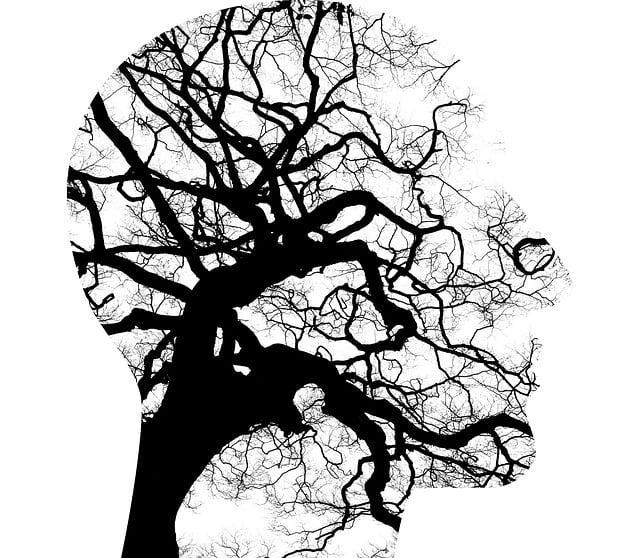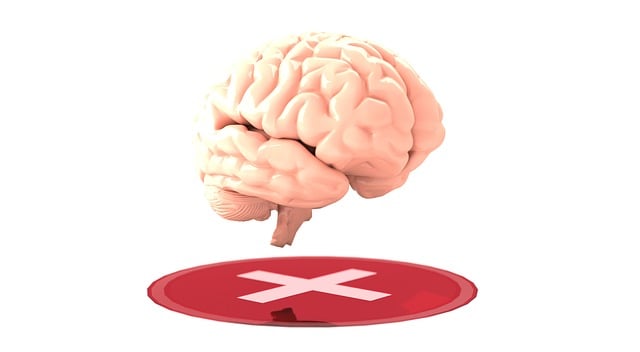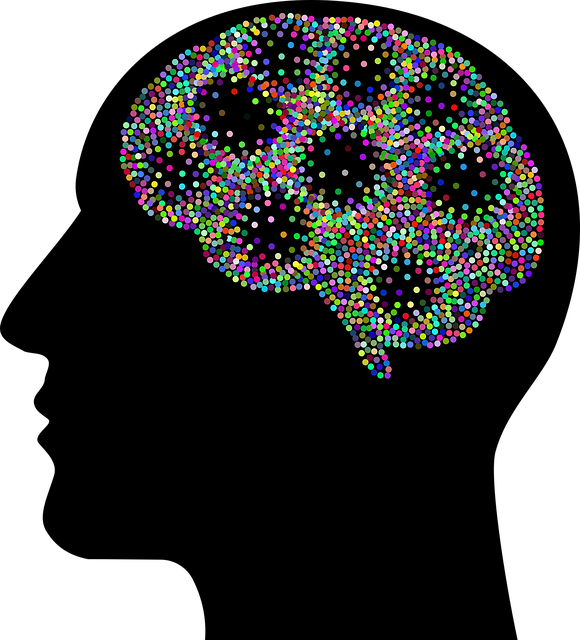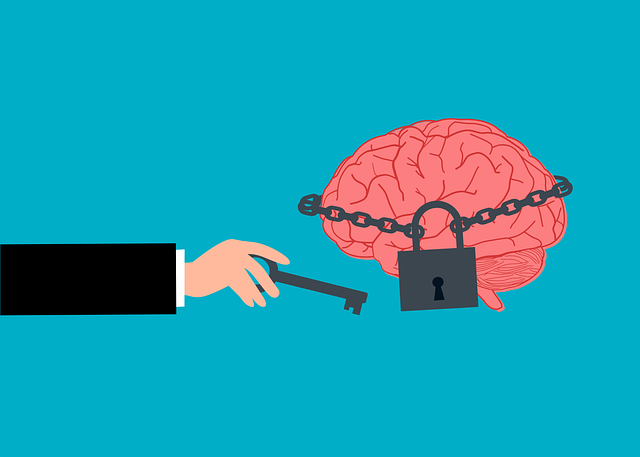Highlands Ranch Pain Management Therapy leads in mental wellness through community-focused programs that empower individuals with self-care routines backed by evidence-based practices. Evaluating success involves structured interviews, questionnaires, and tracking attendance, coping strategies, and qualitative feedback. KPIs tailored to program goals measure improvements in symptoms and well-being, with a focus on cognitive behavioral techniques and accessibility. Qualitative and quantitative data collection methods ensure participant engagement and continuous improvement, refining programs for better mental health outcomes and preventing burnout among healthcare providers.
Mental wellness programs are essential components of holistic healthcare, with a profound impact on individuals’ overall well-being. This article explores effective evaluation methods for such programs, providing insights into assessing their success and fostering continuous improvement. From understanding the impact of initiatives like those at Highlands Ranch Pain Management Therapy to defining key performance indicators (KPIs) and leveraging feedback mechanisms, this guide offers valuable strategies. By employing data-driven approaches, organizations can refine their mental wellness programs, ensuring optimal participant outcomes.
- Understanding Mental Wellness Programs and Their Impact
- Assessment Tools for Program Evaluation
- Measuring Success: Defining Key Performance Indicators (KPIs)
- Feedback Mechanisms and Participant Engagement
- Continuous Improvement: Using Data for Program Refinement at Highlands Ranch Pain Management Therapy
Understanding Mental Wellness Programs and Their Impact

Mental wellness programs play a pivotal role in fostering resilience and enhancing overall well-being. These initiatives, often tailored to specific communities or demographics, such as Highlands Ranch Pain Management Therapy, focus on empowering individuals with self-care routines designed to improve mental health. By integrating evidence-based practices, these programs encourage the development of inner strength and promote effective coping strategies.
The impact of such interventions is profound, as they not only alleviate symptoms associated with mental health challenges but also contribute to long-lasting positive changes. Incorporating self-care practices into daily life fosters a sense of agency and encourages individuals to take proactive steps towards better mental wellness. This holistic approach acknowledges that inner strength development is an essential component of overall well-being, ultimately leading to more resilient and thriving communities.
Assessment Tools for Program Evaluation

Evaluating a mental wellness program requires robust assessment tools that can accurately gauge its impact. For instance, structured interviews and questionnaires are widely used to assess participants’ symptoms, attitudes, and behaviors before and after the program. These tools, such as the Beck Depression Inventory (BDI) or the Perceived Stress Scale (PSS), offer standardized measures of mental health indicators, allowing for comparison between groups and over time.
In addition to these standard instruments, programs like Highlands Ranch Pain Management Therapy integrate innovative assessment methods tailored to their specific population and objectives. This might involve tracking attendance and engagement in workshops, measuring changes in coping strategies through observations, or collecting qualitative feedback from participants on their experiences with Mental Illness Stigma Reduction Efforts and Stress Management Workshops Organization. Cultural Sensitivity in Mental Healthcare Practice is also integrated, ensuring that evaluation methods are inclusive and respect the diverse backgrounds of program participants.
Measuring Success: Defining Key Performance Indicators (KPIs)

Measuring success in mental wellness programs is a crucial step to ensure their effectiveness and impact on participants’ lives. Key Performance Indicators (KPIs) act as metrics to track progress and define what ‘success’ means for each program. These KPIs can vary depending on the program’s goals, but they often include improvements in symptoms of mental health disorders, increased engagement in self-care practices, and enhanced overall well-being. For instance, a Highlands Ranch Pain Management Therapy program might track patient pain levels, medication adherence, and the adoption of self-care routines as KPIs to evaluate its success.
The concept of Mind Over Matter principles can guide the development of these KPIs, emphasizing cognitive behavioral techniques and their impact on mental health. Community Outreach Program Implementation also plays a role in measuring success, as it involves reaching and supporting diverse communities, ensuring accessibility, and fostering an environment where self-care routine development becomes a viable option for better mental health.
Feedback Mechanisms and Participant Engagement

Effective mental wellness program evaluation relies heavily on robust feedback mechanisms and participant engagement. Collecting qualitative and quantitative data through surveys, interviews, and focus groups allows for a comprehensive understanding of each individual’s unique journey within the program. At Highlands Ranch Pain Management Therapy, for instance, Stress Management Workshops Organization employs pre- and post-program assessments to gauge improvements in emotional healing processes and emotional regulation among participants. This dual approach not only highlights progress but also identifies areas needing further attention or refinement.
Encouraging open communication and active participation fosters a sense of ownership among program attendees. Emotional healing is facilitated when individuals feel heard, validated, and supported. By integrating these feedback mechanisms, Highlands Ranch Pain Management Therapy ensures that its programs remain aligned with the evolving needs of participants, ultimately enhancing their overall mental wellness outcomes.
Continuous Improvement: Using Data for Program Refinement at Highlands Ranch Pain Management Therapy

At Highlands Ranch Pain Management Therapy, we understand that continuous improvement is key to enhancing mental wellness and preventing burnout among healthcare providers. By leveraging data from patient interactions and program outcomes, our team can identify areas for refinement and make data-driven decisions to optimize treatment strategies. This approach ensures that our mental wellness programs are not only effective but tailored to meet the evolving needs of both patients and healthcare professionals.
Through regular analysis of patient feedback, treatment effectiveness metrics, and staff reports, we can pinpoint specific aspects of our programs—such as therapy techniques, support group dynamics, or educational resources—that require enhancement. This enables us to implement targeted adjustments, focusing on areas that contribute most significantly to anxiety relief and overall mental wellness. As a result, Highlands Ranch Pain Management Therapy emerges as a leader in burnout prevention strategies for healthcare providers, fostering a supportive environment where both patients and staff can thrive.
Evaluating mental wellness programs is a multifaceted process, as demonstrated by the diverse methods explored in this article. From understanding program impact to defining KPIs and leveraging feedback mechanisms, each step plays a crucial role in ensuring effectiveness. At Highlands Ranch Pain Management Therapy, continuous improvement through data-driven refinement exemplifies how organizations can optimize their mental health initiatives. By adopting these evaluation methods, we can enhance patient outcomes and foster healthier communities.














